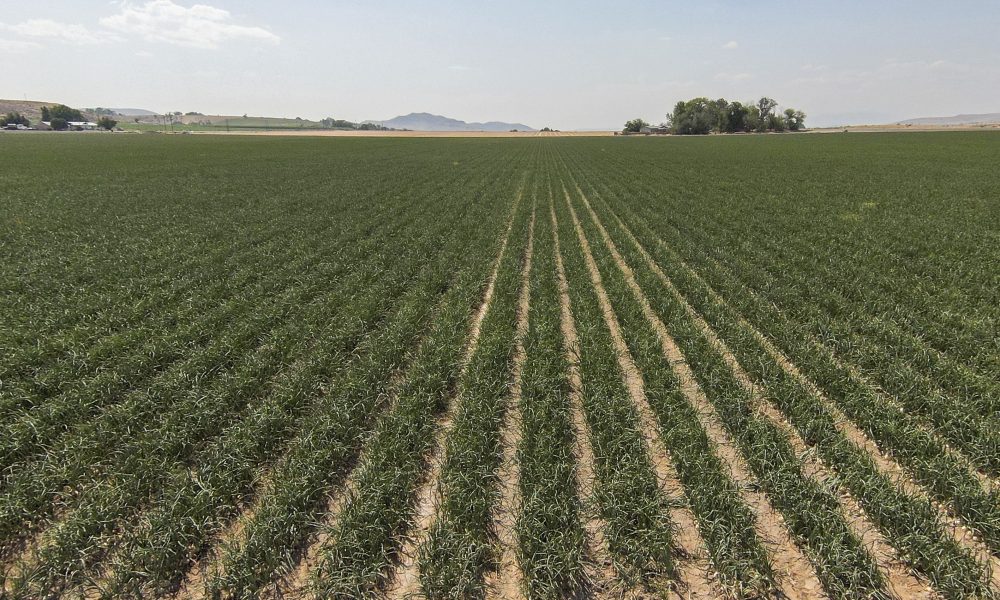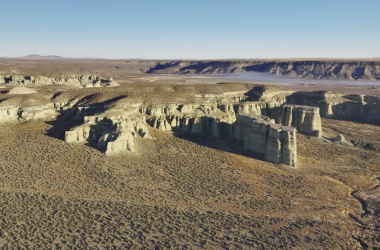Malheur County leaders worry that legislation giving state wildlife officials control over regulating all control over predators in and outside of agricultural lands will diminish the county’s protections against crop and livestock damage.
Meanwhile, proponents of Senate Bill 199, assigned to the Senate Natural Resources Committee, contend the bill would allow the state Fish and Wildlife Commission to manage animals classified as “predatory” while not hindering farmers and ranchers from protecting their property.
No more action has been scheduled for the bill since a Feb. 13 hearing before the committee. The Oregon Wildlife Coalition, which includes several conservation groups such as Oregon Wild, Portland Audubon and Defenders of Wildlife, said the bill’s purpose is to bring consistency to managing predators.
“The goal of SB 199 is not to prevent or impede the control of predatory animals on private land,” said Quinn Read of the wildlife coalition in his testimony, “but rather to ensure that such control is consistent with any rules adopted by the commission.”
According to Read, predators are classified “unscientifically” under the current law and regulatory authority rests with the Oregon Department of Agriculture. Animals considered predatory, among others, include coyotes and beavers, Read said.
Over the years, controversies over coyote-killing contests and beaver management on private land have prompted legislative proposals to set limits or change methods.
Lauren Poor, vice president of government and legal affairs for the Oregon Cattlemen’s Association, addressed the legislation on behalf of an agricultural coalition that included organizations such as the Oregon Farm Bureau. She said that various agricultural sectors rely on effective predator management to prevent costly depredation of crops, orchards, vineyards, livestock or timber.
She said that under the current law, ag producers could mitigate significant economic losses because the state agricultural agency’s primary purpose is agriculture.
She said while the agriculture agency focused on protecting private lands from predators, the
state and fish and wildlife agency’s primary purpose is to enhance wildlife.
Poor said while an ag operation functions outdoors, they are not a “natural habitat” for predatory animals.
Chris Christensen, president of the Malheur County Cattlemen’s Association, said while he has not been directly involved with the legislation, ranchers need the ability to deal immediately with predators. Ranchers and other ag producers do not need additional regulations.
“We certainly don’t need more restrictions on eliminating predators,” Christensen said.
Ron Jacobs, Malheur County commissioner, testified that the county currently helps fund predatory animal management and works with the state and with the U.S. Department of Agriculture’s predator control program.
According to Jacobs, the county has cultivated relationships with the state and federal agencies, allowing the county to work across boundaries of private, state and federal lands. He said that bringing the state Fish and Wildlife Commission in would complicate those relationships.
In a subsequent interview, Jacobs is concerned about the state wildlife commission.
“We don’t have enough representation from the east side,” Jacobs said.
In addition, with the governor’s authority to appoint commission members, Jacobs said, there is no mechanism to ensure people representing the interests of eastern Oregon are appointed.
NEWS TIP? Send an email to [email protected].
HOW TO SUBSCRIBE – The Malheur Enterprise delivers quality local journalism – fair and accurate. You can read it any hour, any day with a digital subscription. Read it on your phone, your Tablet, your home computer. Click subscribe – $7.50 a month.




